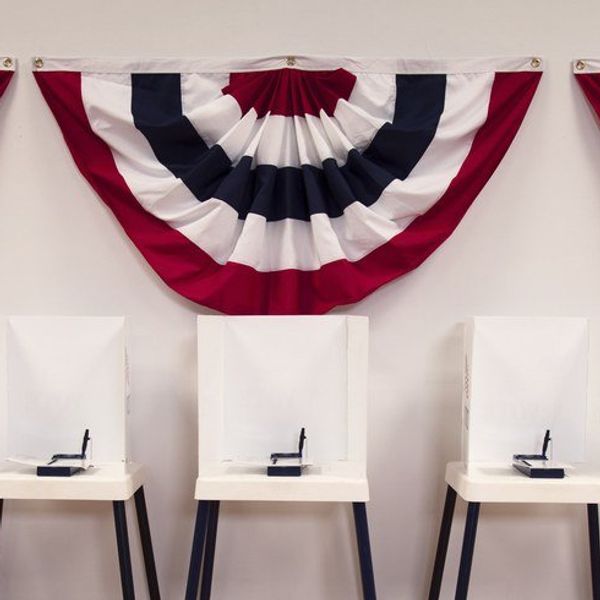Since our most recent election, many Americans feel that our voting process is unfair to certain individuals or disenfranchised groups. Such individuals like minorities and ex-felons feel limited when it comes to the voting process. Reasons why this may happen is because the voting ballots come in only certain languages or not every ex-felon is given back the right to vote.
First and foremost, voting elections should be fair and encourage voter participation for certain individuals like ex-felons. Simply put, they deserve a second chance. According to the 15th Amendment, “The right of citizens of the United States to vote shall not be denied or abridged by the United States or by any state on account of race, color, or previous condition of servitude.” In other words, citizens cannot be denied from exercising their right to vote because of their culture, ethnicity, or lifestyle. Also, the Eighth Amendment ensures that “Excessive bail shall not be required, nor excessive fines imposed, nor cruel and unusual punishments inflicted.” The amendment prohibits the government from giving unfair sentences, unnecessary bail or fines, and sanctions to criminals. The majority of the United States, including Florida, strictly prohibit the right to vote for ex-convicts. As stated by the American Civil Liberties Union, (ACLU), “All 48 states (and the District of Columbia) also provide mechanisms by which these citizens may seek to regain their voting rights, though some processes are much more viable than others. These mechanisms range from automatic restoration (upon completion of incarceration or sentence) to restoration only after satisfaction of an extensive, onerous and sometimes costly individual application process.” Meaning that, ex-convicts are less likely to get their rights restored.
The variety and complexity of these disenfranchisement policies still question whether all citizens have equal opportunity in the United States. Groups like minorities feel disenfranchised that certain languages are on the ballot and not others. According to the State of Florida, there are 67 counties in total. However, according to the Florida Divisions of Elections, only 13 counties have the Spanish language on the ballot, which means that only 19% of Florida ballots have another language. In fact, the Tampa Bay Times found that 27% of the population in Florida speak another language, which proves the fact that the voting process isn’t fit for everyone.
All in all, while we wait four more years until the next election, our legislature should make an effort to improve voting and the process to restore voting rights for all citizens of America.





















